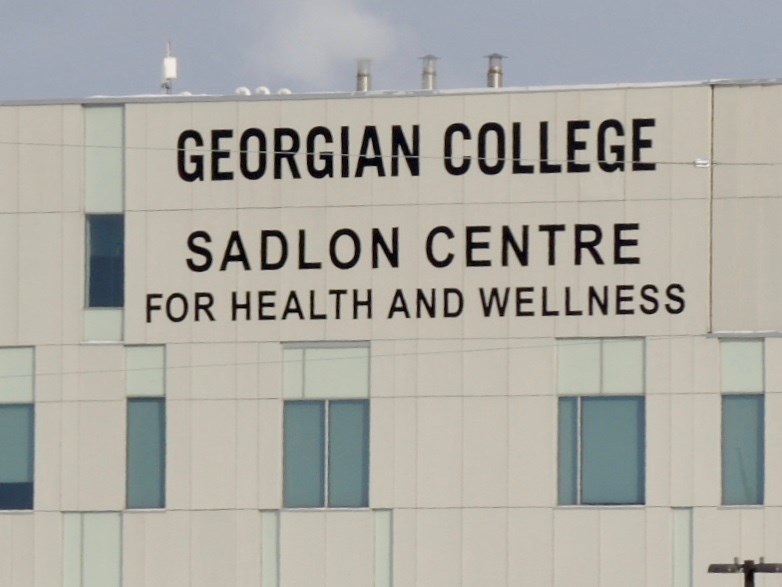BARRIE — A Barrie physician is calling Georgian College's plan to launch a three-year diploma course on homeopathy this fall 'unethical.'
Dr. Chris Giorshev sent a letter to provincial Ministers Matthews, Hunter, the Board of directors of Georgian College and college CEO and President MaryLynn West-Moynes.
Giorshev, who treats both chronic pain and addictions patients in his practice, wrote that homeopathy is a 'pseudo-science' based on 'magical thinking.'
"Georgian College having a course for something that has no basis in reality is problematic because Georgian College is a publicly funded institution and they shouldn't be using publicly funded health dollars for quackery," Giorshev said in an interview. "We know it doesn't work. We've had multiple, credible organizations, including Health Canada, that say it doesn't work."
Giorshev, who is also the head of the Ontario Medical Association section on chronic pain, says the only response from his letter was from the Board of Directors at Georgian College, which promised a response.
Georgian College provided a written statement to Village Media, defending the program.
"All new Georgian programs must undergo an extensive and rigorous academic approval process and the three-year advanced diploma in Homeopathy is no exception," the college wrote.
"In Ontario, regulated health professions, including homeopathic medicine, are governed under the Regulated Health Professions Act, 1991 (RHPA) and health profession act (i.e., Medicine Act, 1991), which regulate these professions in the public interest by ensuring that health services are delivered in a safe, professional and ethical manner. The addition of these programs to Georgian’s Health, Wellness and Science offerings complements existing programs and community health care clinics and creates a solid foundation for client choice in accessing holistic wellness services."
The college went on to state that "Homeopathy is based on individualized, holistic and natural approaches to health and healing. Following the College of Homeopaths of Ontario (CHO) standards of practice and guidelines, students will learn to employ classical and contemporary homeopathic principles and techniques in the evaluation and treatment of acute and chronic health conditions. They will gain in-depth theoretical knowledge of homeopathic medicine and acquire professional and entrepreneurial skills through extensive clinical and inter-professional practical experience."
Homeopathy is based on the concept that “like cures like.” Illnesses are treated by using highly diluted doses of substances that in larger amounts would produce the symptoms of the ailment.
Dr. Giorshev cites over 18,000 studies done on the practice showing how it 'doesn't work for anything.'
"Homeopathic remedies are literally water. Homeopaths take a substance and dilute it down so much that there is probably not even one molecule of active ingredient left. They claim that the more it is diluted, the more it is potent," he stated in hs letter.
Three years ago, Ontario became the first province in the country to regulate the practice of homeopathy, which is a 'political problem' according to Giorshev. He said the government 'legitimized quackery' and the college teaching homeopathy 'further validates this as something worthwhile and is beneficial but we know that it's not.'
Giorshev says the program hurts Georgian College's reputation, hurts students who are taking the course and ultimately may hurt patients who might delay or fail to get effective treatment.
The physician says he has received a lot of support for his stand on the issue and he claims Georgian's reputation is already starting to suffer.
"There are lots of jokes that are coming up. People are saying 'What's next? Is Georgian College going to teach witchcraft or voodoo?' So it really hurts the reputation of the college when they do things like this," he said, adding it will devalue degrees and diplomas from other courses.
"They have the right to offer popular programs but I think they have to have the ethical responsibility to provide health care programs that are based on science. We can't just do a witchcraft program because it's popular. You should have some responsibility to the students, the college and the public when you're using health care dollars," he said.
